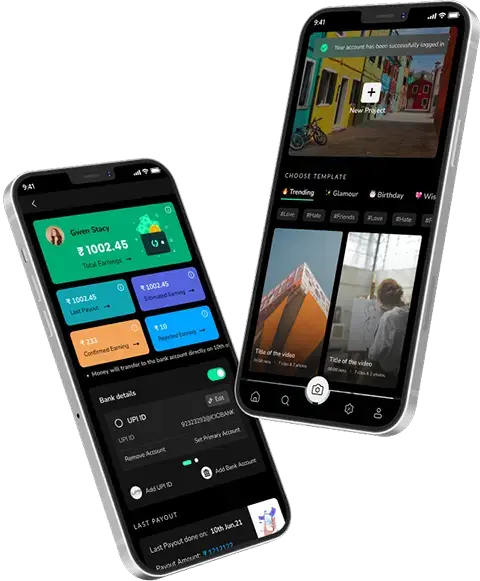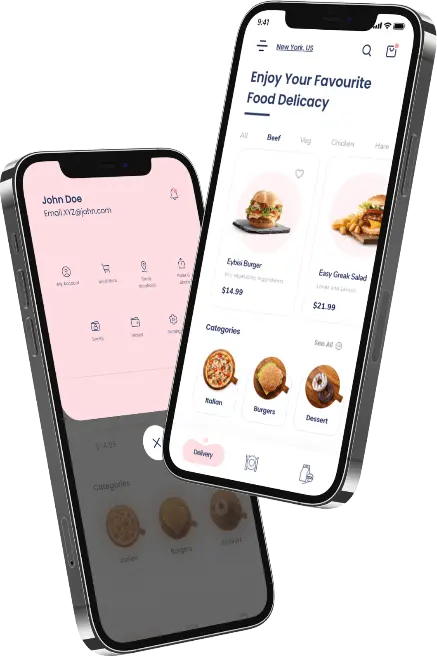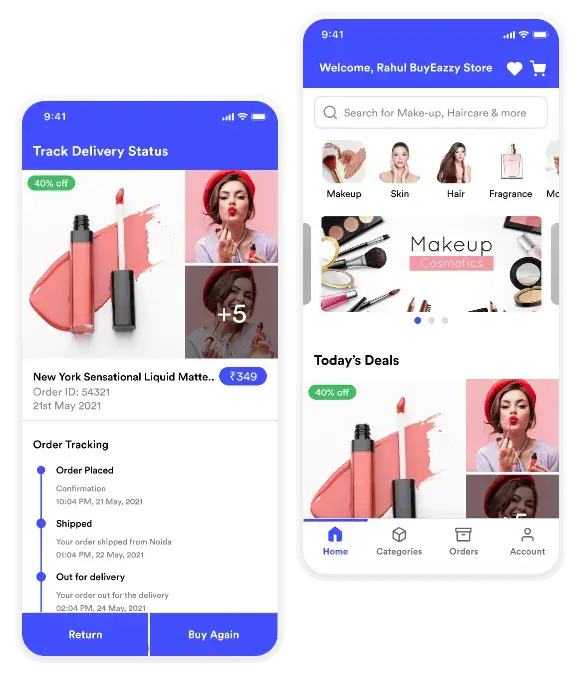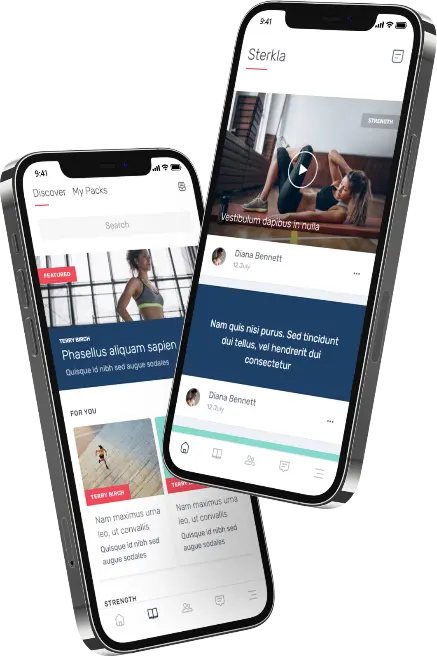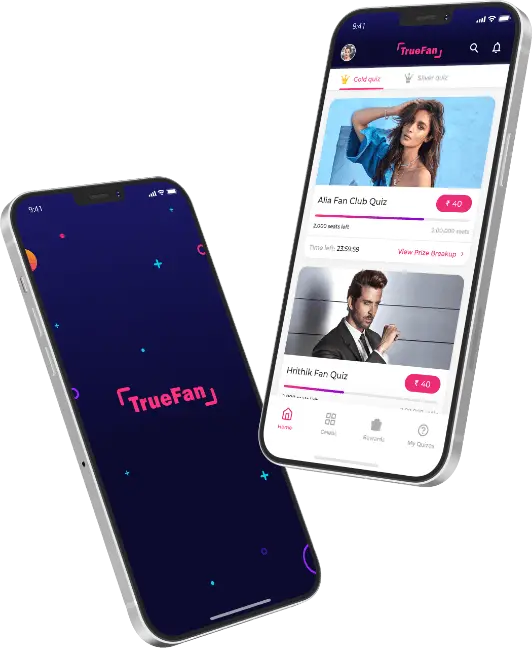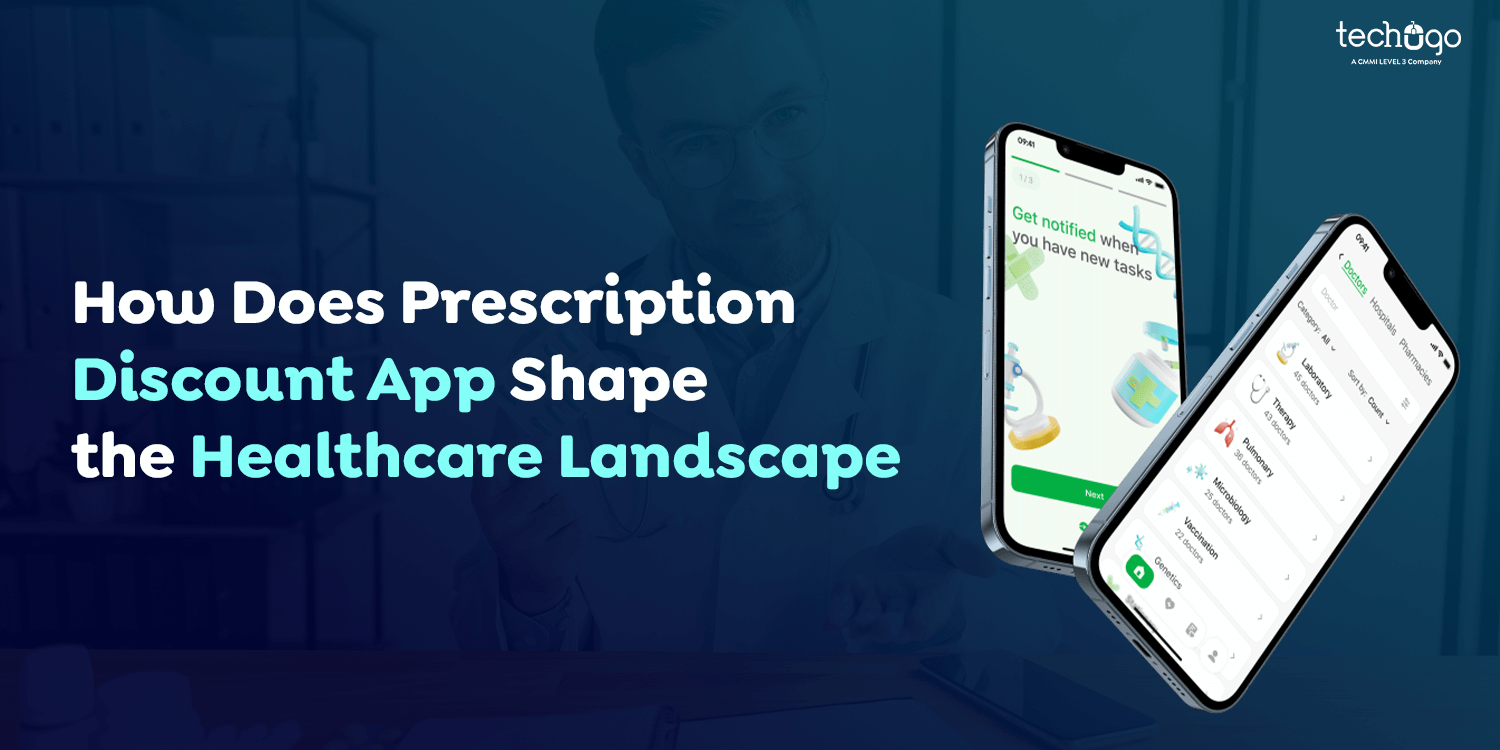In the modern terrain, the merging of technology and healthcare has introduced a fresh epoch of accessibility and cost-effectiveness. A key example of this fusion is the rise of web-based pharmacy platforms, which are primed for substantial growth in the foreseeable future. Within this realm, a prescription discount app has surfaced as a notably significant sector, providing users with considerable discounts on medicines and revolutionizing the manner in which healthcare is obtained and encountered.
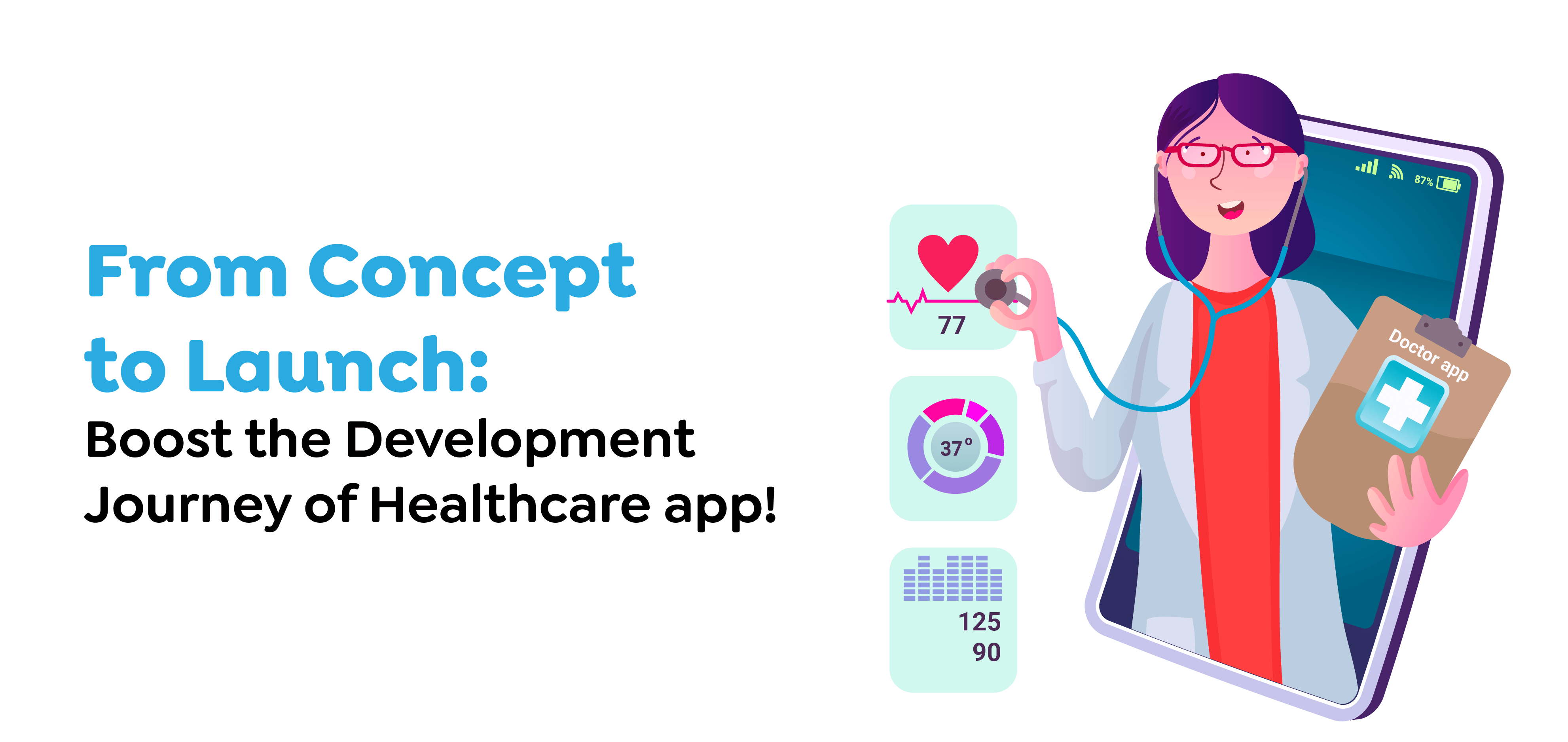
Understanding GoodRx: A Beacon of Success
Leading this transformation is GoodRx, an innovative prescription discount app that has established the standard for achievement in the sector. With its user-friendly interface and inventive functionalities, GoodRx has transformed how individuals assess medication costs at various pharmacies, providing discounts of up to 80% via vouchers. Its unmatched triumph, demonstrated by an astounding revenue of $750.27 million in 2023, highlights the application’s crucial function in enhancing affordability with a healthcare app development company and availability for countless people.
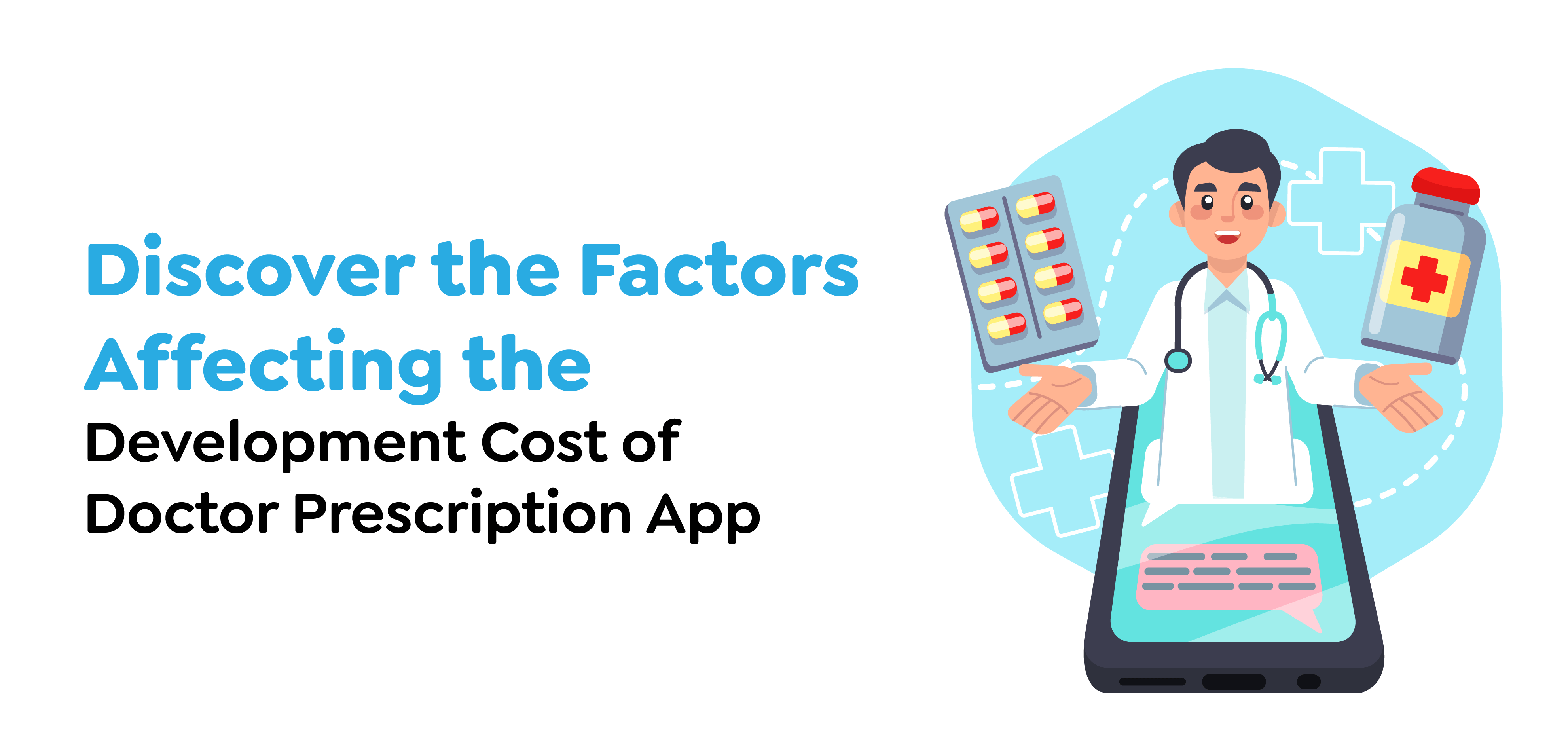
Factors Shaping Development Costs
Delving into the intricacies of prescription discount app development by a doctor appointment app development company reveals a complex interplay of factors that dictate the overall investment required. From the initial conceptualization to the final launch, several key considerations influence the cost of building a competitive app like GoodRx:
- Complexity and Feature Set: The breadth and depth of features significantly impact development costs. Simple applications with limited features will be more affordable, whereas integrating advanced functionalities like comparing pharmacies and AI-generated personalized recommendations will increase expenses.
- UI/UX Design: Top-notch design is essential for boosting user contentment and involvement. Nevertheless, it requires talented designers and raises development expenditures.
- Data Source and Management: Efficient handling of pharmaceutical data is crucial for accurate pricing and discounts. Integrating with various databases and ensuring real-time information adds to the development effort and cost.
- App Integration with Pharmacies: Seamless integration with pharmacies via APIs is fundamental for app functionality. This procedure necessitates time, resources, and negotiation prowess, affecting development expenses.
- Security and Compliance: Abiding by healthcare regulations like HIPAA guarantees user data safeguarding but mandates encryption, secure storage, and routine audits, thereby escalating expenses.
- Platform Choice: Choosing between iOS, Android, or cross-platform development influences costs and functionality. While developing for multiple platforms ensures optimal performance, it also escalates expenses.
- Maintenance and Updates: Continual maintenance is vital for upholding app significance and user involvement. Allocating funds for post-launch upkeep is pivotal to avoid app obsolescence.
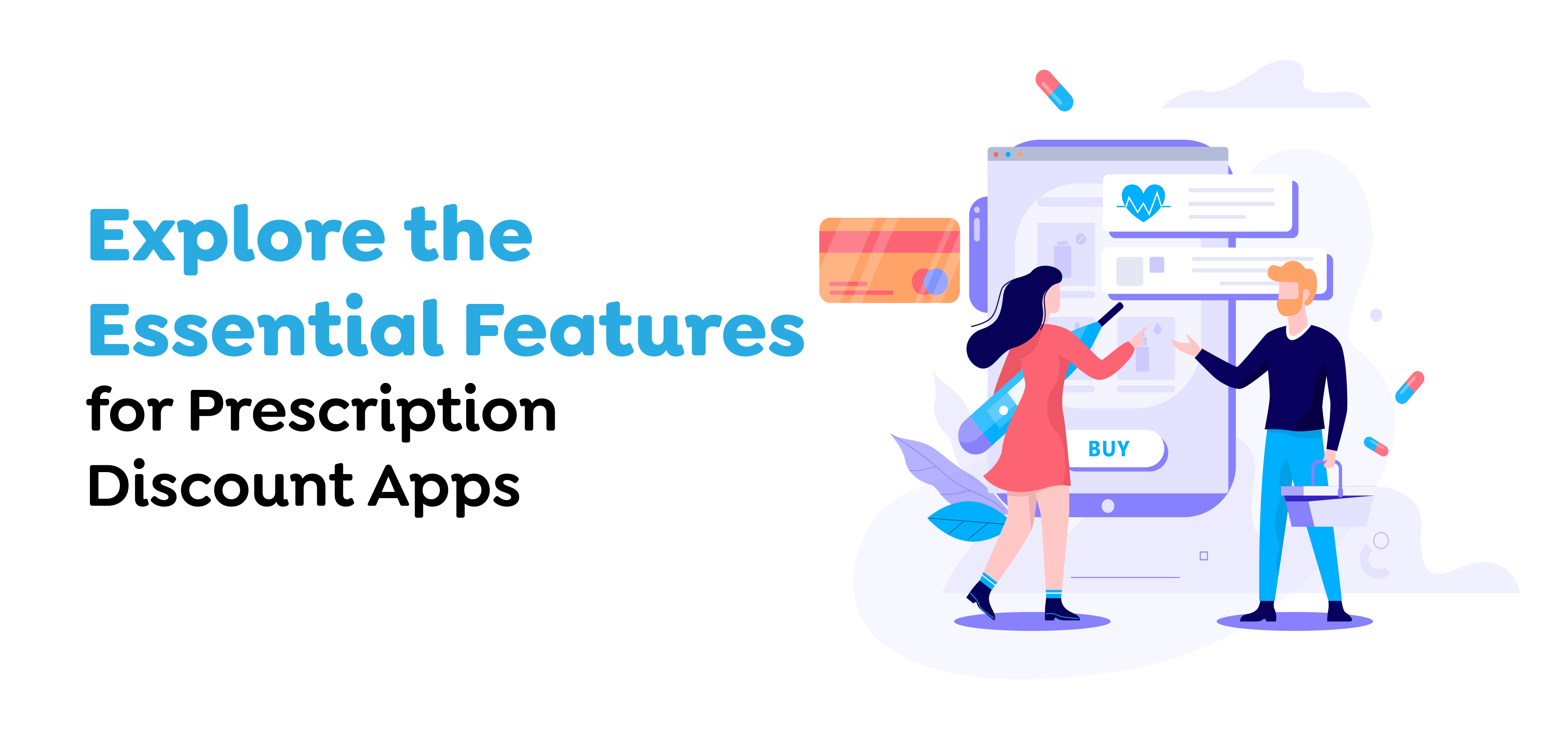
Key Features for Success
To develop a competitive prescription discount app that matches the achievements of GoodRx, it’s vital to integrate an extensive range of functionalities:
-
User Registration and Profile Management:
Enable users to easily register and manage detailed profiles, securely handle personal data, and monitor savings over time conveniently and effortlessly.
-
Prescription Drug Price Comparison:
Offer users seamless access to compare medication prices across numerous pharmacies, empowering them to make well-informed decisions and optimize savings effortlessly.
-
Pharmacy Locator with GPS Integration:
Guide users to nearby pharmacies with the best medication prices using seamless GPS integration, ensuring effortless access to the most convenient and cost-efficient options for their healthcare requirements.
-
Discount Coupons and Offers:
Provide users with a diverse selection of exclusive savings opportunities, including various discount coupons and special deals, fostering long-term customer loyalty and satisfaction while showing appreciation to users.
-
User Reviews and Ratings:
Utilize user feedback to establish credibility, foster trust, and assist newcomers in their decision-making journey, creating a sense of community within the app and empowering users to make informed healthcare choices.
-
Prescription Upload and Management:
Streamline medication administration by enabling individuals to securely upload prescriptions, organize refills, and monitor their health objectives within a unified, intuitive interface.
-
Push Notifications for Drug Price Alerts:
Keep users engaged with their healthcare journey by sending timely push notifications about price drops and available coupons, ensuring they capitalize on savings opportunities.
-
Refill Reminders and Medication Tracking:
Enhance medication compliance through sending punctual notifications for prescription renewals and providing thorough monitoring of medication consumption.
Supply users with immediate aid and help through incorporated chat capability, linking them with skilled experts who can handle their inquiries promptly and proficiently.
-
Data Analytics and Reporting:
Utilize sophisticated analytics to acquire understandings into user actions and involvement, empowering ongoing improvement of app efficiency and user contentment.
-
Personalized Drug Recommendations using AI:
Employ AI technology to provide personalized medication suggestions depending on individual user profiles and preferences, delivering users a tailored healthcare encounter.
-
Virtual Reality-Based Drug Information Sessions:
Present immersive virtual reality encounters to augment users’ comprehension of medications and healthcare principles, delivering groundbreaking educational experiences that set the app apart from rivals and contribute substantial value to users striving to broaden their healthcare understanding.
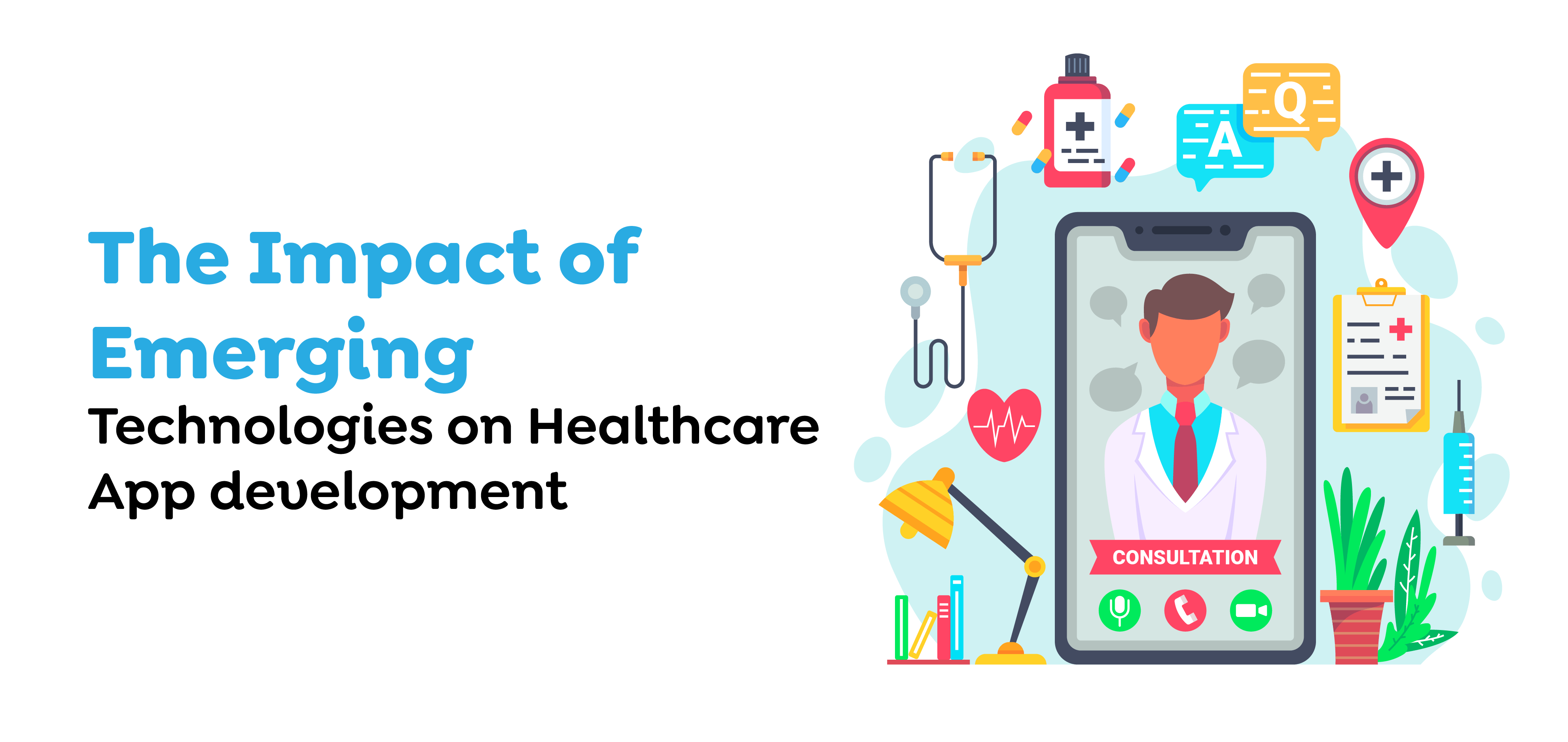
Emerging Technologies Shaping Healthcare Apps
Numerous popular technologies are transforming the healthcare sector, elevating patient care, enhancing operational effectiveness, and fostering innovation in healthcare applications with a mobile app development company in USA. Below are some of the leading trending technologies employed in healthcare apps:
1. Telehealth platforms facilitate distant consultations between patients and healthcare providers through video conferencing, messaging, and other virtual communication tools.
2. Telemedicine apps streamline medical services from individuals’ homes, reducing the need for in-person appointments and enhancing patient convenience.
3. These innovations enable remote assessments, supervision of chronic conditions, and provision of specialized care to underserved communities.
-
Artificial Intelligence (AI) and Machine Learning (ML):
1. Artificial intelligence (AI) and machine learning (ML) algorithms are employed in healthcare applications for various purposes, including medical image analysis, predictive analytics, and personalized treatment recommendations.
2. AI-driven chatbots offer virtual support to patients, addressing their inquiries, scheduling appointments, and dispensing health advice.
3. ML algorithms scrutinize extensive datasets to detect patterns and trends, assisting in disease identification, drug research, and public health monitoring.
-
Internet of Medical Things (IoMT):
1. Internet of Medical Things (IoMT) gadgets, such as wearable sensors, remote monitoring devices, and intelligent medical tools, gather and transmit current health information to healthcare platforms.
2. These gadgets allow continuous tracking of vital signs, medication compliance, and disease progression, empowering patients to proactively manage their well-being.
3. IoMT advancements facilitate remote patient surveillance, enabling healthcare practitioners to monitor patients’ health status and intervene promptly in case of anomalies.
1. Distributed ledger technology provides protected and translucent medication administration software, guaranteeing the genuineness, privacy, and compatibility of digital health records (EHRs).
2. Platforms based on distributed ledger technology facilitate reliable distribution of medical records amid healthcare providers, patients, and other sanctioned entities, lessening data breaches and boosting data precision.
3. Intelligent agreements on distributed ledger networks automate healthcare dealings, like insurance claims handling and logistics management, amplifying effectiveness and diminishing administrative expenses.
-
Augmented Reality (AR) and Virtual Reality (VR):
1. Augmented reality (AR) and virtual reality (VR) technologies are revolutionizing medical instruction, surgical coaching, and patient involvement in healthcare applications.
2. AR applications superimpose digital data, like anatomical models and medical simulations, onto the physical world, enriching educational encounters for healthcare practitioners and learners.
3. VR programs fabricate immersive settings that mimic medical processes, surgeries, and therapeutic episodes, providing patients with a diversion during therapies and recovery.
-
Voice Recognition and Natural Language Processing (NLP):
1. Speech recognition and voice search technology facilitate touch-free engagement with healthcare applications, permitting users to verbalize notes, seek information, and manage app functions through vocal directives.
2. These innovations heighten accessibility for users with impairments and optimize the effectiveness of healthcare procedures by empowering medical professionals to record patient interactions more effectively.
-
Precision Medicine and Genomics:
1. Precision healthcare utilizes genetic data, biomarkers, and additional individualized health details to customize treatment strategies to the distinct genetic profiles and clinical traits of each patient.
2. Health applications merge genetic examination and evaluation instruments to offer individualized risk evaluations, disease prevention approaches, and specialized treatments grounded on patients’ genetic tendencies.
By integrating these current technologies into medical applications, developers can devise pioneering solutions that empower patients, enhance clinical results, and stimulate favorable changes in the healthcare sector.
The Development Process: From Concept to Launch
Building a robust prescription discount app entails several crucial steps:
-
Market Research and Concept Validation:
Prior to embarking on development, it’s vital to perform thorough market analysis to grasp the competitive environment, pinpoint target demographics, and evaluate market patterns. Collecting user input via surveys, discussions, and focus gatherings aids in confirming the app notion and ensures harmony with user anticipations. This procedure directs decision-making regarding feature ranking, user interface architecture, and general app approach.
-
Planning and Wireframing:
Upon validating the concept, the subsequent phase involves thoroughly strategizing the app’s organization and progression. Wireframing utilities are employed to generate basic prototypes that delineate the arrangement and traversal of fundamental app displays. This stage guarantees transparency and consistency in design and functionality, enabling stakeholders to conceptualize the app’s user progression and render informed judgments regarding feature integration and user engagement.
Crafting the interface and user experience stands crucial in creating a visually appealing and user-friendly application. Designers focus on building visually pleasing interfaces aligned with brand identity to engage the targeted users. On the other hand, UX designers prioritize usability and functionality, ensuring seamless navigation and task completion.
-
App Development and Testing:
Once the layout is finalized, developers initiate the application’s programming and feature integration in accordance with the project specifications. The development process follows high-quality techniques and coding standards to ensure scalability, maintainability, and security. During the development phase, thorough scrutiny is carried out to detect and rectify any flaws, bugs, or operational concerns. This iterative assessment process encompasses functional testing, user interface testing, and compatibility testing across different devices and platforms.
-
Integration with Pharmacies and Data Providers:
For applications providing markdowns on medications, establishing connections with pharmacies and data suppliers is vital to provide consumers with current pricing and availability specifics. This requires forming partnerships with pharmacies and negotiating access to their pricing data. Developers incorporate APIs to smoothly merge this information into the app, guaranteeing precision and dependability. Adhering to healthcare regulations, like HIPAA, is essential to safeguard user confidentiality and data integrity.
-
Launch and Continuous Improvement:
Following extensive testing and enhancement, the application is prepared for release. The launch stage includes distributing the application to app marketplaces and advertising it to the designated audience through marketing and promotional endeavors. Subsequent to the release, attention turns to ongoing enhancement grounded on user input and performance analysis. Consistent updates and improvements are introduced to meet user requirements, resolve any concerns, and remain competitive in the constantly changing market environment. This iterative method guarantees the application stays pertinent, user-friendly, and in line with evolving user anticipations.
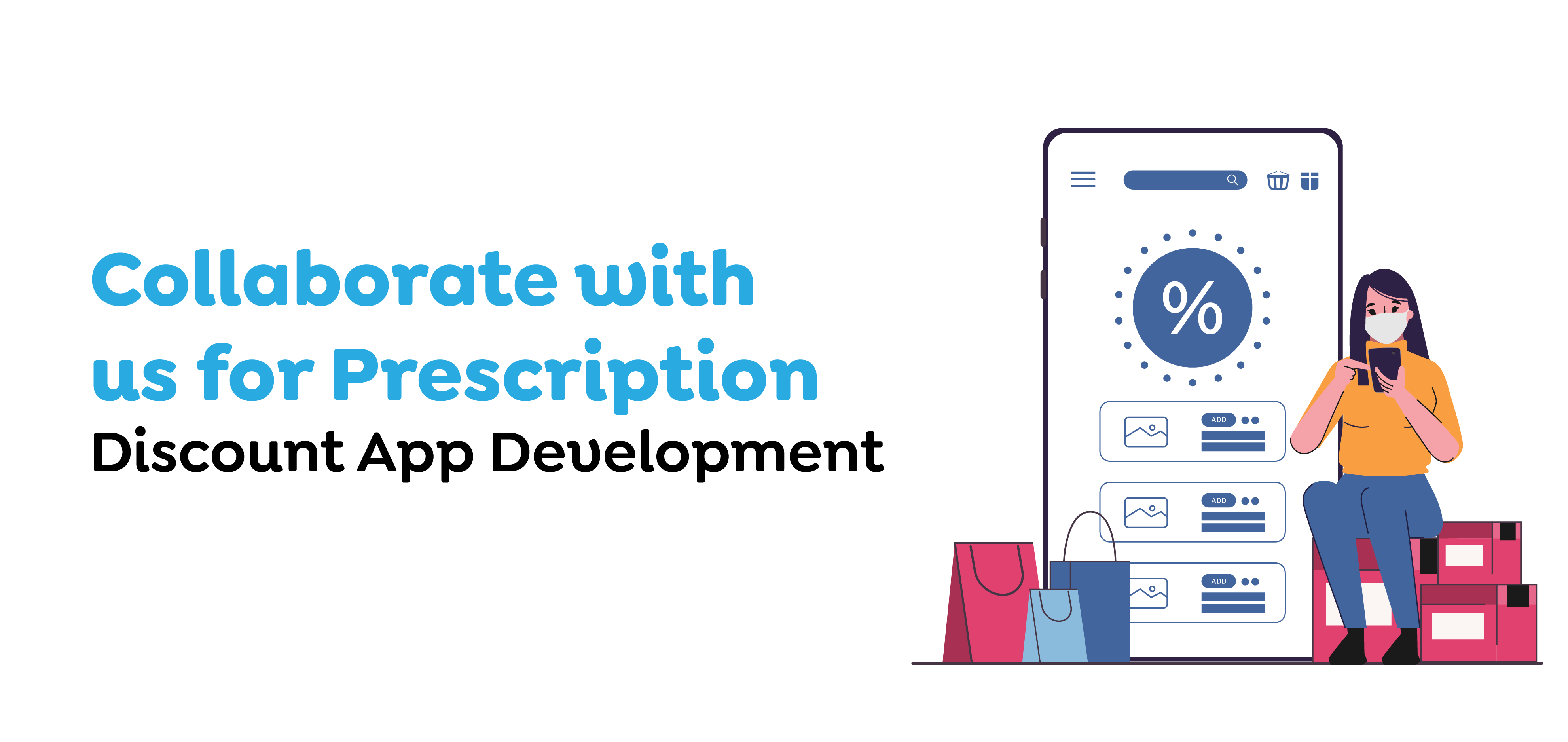
Partner with Techugo for Success
Techugo, a mobile app development company in healthcare software creation, provides unmatched proficiency in shaping revolutionary digital solutions. With an established history and inventive endeavors such as Soniphi and Health-e-People, Techugo emerges as the perfect collaborator for constructing a prosperous prescription discount app. By harnessing Techugo’s skillset, entrepreneurs can navigate the intricate realm of application development with assurance and realize their aspiration of rendering healthcare more accessible and influential.
Shaping the Future of Healthcare
Crafting prescription discount applications presents a crucial chance to transform the healthcare sector. By comprehending the factors influencing development expenses, integrating essential features for triumph, and adhering to a careful development process, innovators can construct resilient and competitive applications that provide tangible benefits to users.
With a suitable collaborator like Techugo, the path to developing revolutionary healthcare solutions becomes not just attainable but also exceedingly gratifying. Collectively, we can mold the healthcare future and generate a beneficial influence on millions of lives.
Get in touch with us to transform your vision into reality.
Post Views: 1,454




 SA
SA
 KW
KW
 IE
IE AU
AU UAE
UAE UK
UK USA
USA
 CA
CA DE
DE
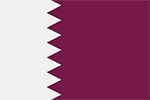 QA
QA ZA
ZA
 BH
BH NL
NL
 MU
MU FR
FR











